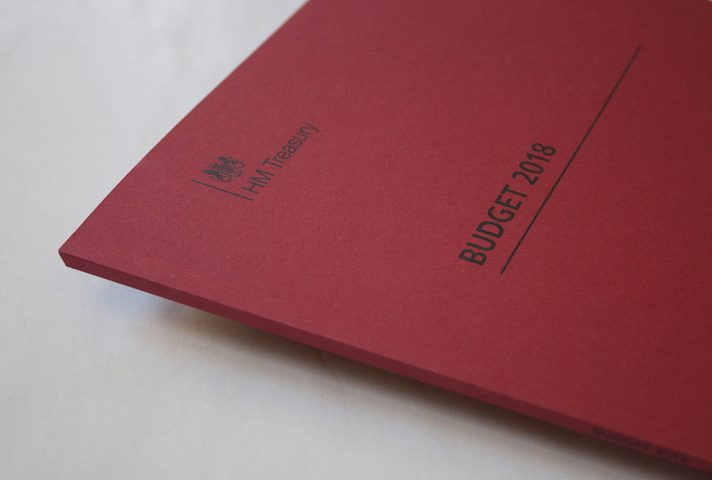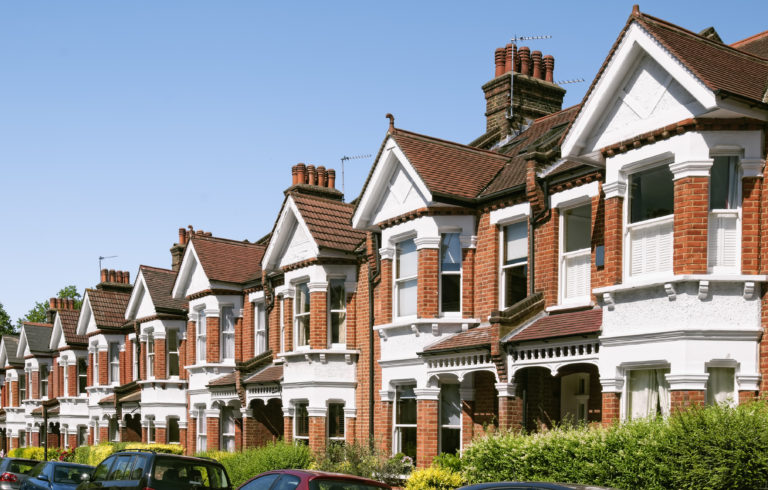Changes to stamp duty for first-time buyers and moves to rejuvenate the high street by turning empty shops into places to live may have taken the eye, but the 2018 Budget has contained other measures now being keenly debated in the UK property industry.
Chancellor of the Exchequer Philip Hammond has also come under fire from some quarters for not going far enough with his Budget. A few weeks ago we reported how David Westgate, from Andrews Property Group, had urged Mr Hammond to introduce banding into stamp duty.
Changes to stamp duty ‘could have gone further’
He feels that the abolition of stamp duty on shared ownership properties up to £500,000 for first-buyers “does not go far enough”, and he added that he hoped, “(this) announcement is just the start of a move towards a fairer system of stamp duty.”
However, one less headline-grabbing but nevertheless important move has been highlighted by Julian Smith, Head of Tax at tax and property experts The Fry Group.
“An unexpected addition to this year’s Budget were the measures introduced which will reduce Capital Gains Tax relief relating to main homes – referred to for tax purposes as Principal Private Residences,” said Mr Smith.
“The change will affect those who take some time to sell their homes having moved out, with the timeframe to claim the relief scaled back from 18 months to nine months. Property lettings Capital Gains Tax relief has been seriously curtailed too.”
Read the Fry Group’s complete analysis of the Budget (PDF opens in this window)
Personal tax allowance, the rate at which people start paying income tax at 20%, has been raised to £12,500, and the higher rate threshold – where people start paying tax at 40% – will be raised from £46,350 to £50,000.
Describing the changes as “a welcome boost to income for many,” Mr Smith noted that “These changes, which have come one year earlier than originally planned, will take effect from 6th April 2019.”









